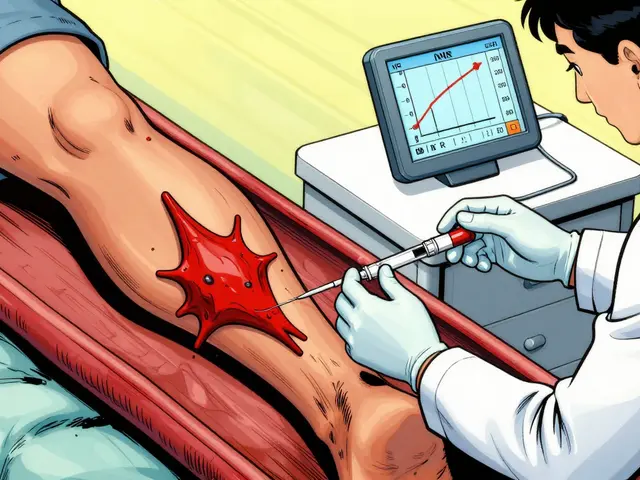Contraceptive pill: what it does, which type fits you, and how to use it safely
Want a quick, useful run-through of the contraceptive pill? Here’s the short version: pills prevent ovulation and make the uterus and cervical mucus less friendly to sperm. They work very well when used right, and there are a few types to pick from depending on your health and plans.
Types and how they work
There are two main types: combined oral contraceptives (COCs) and progestin-only pills (POPs). COCs contain estrogen plus progestin. They’re great for many people because they often reduce heavy periods and cramps. POPs have only progestin. They’re usually the go-to if you’re breastfeeding, smoke and are over 35, or can’t take estrogen for medical reasons. There’s also the emergency pill (levonorgestrel or ulipristal) for after unprotected sex; it’s not a regular method but can prevent pregnancy if taken quickly.
How they work matters for side effects and missed-pill rules. COCs stop ovulation most months. POPs mainly thicken cervical mucus and sometimes stop ovulation. Emergency pills delay ovulation.
Choosing, side effects, and safe use
Pick a pill with your doctor. Tell them about migraines, blood clot history, smoking, and any medicines you take. Some drugs—like certain seizure meds or rifampin—can make pills less effective. A common myth: normal antibiotics like amoxicillin don’t usually reduce effectiveness. Still, always check with your prescriber.
Side effects usually settle in 2–3 months. Expect spotting, missed periods, breast tenderness, or nausea at first. Rare but serious issues—like severe calf pain, sudden chest pain, severe headaches, or vision changes—need urgent medical care. If you experience those, stop the pill and see a doctor.
Missed-pill rules differ. For many combined pills, missing one pill requires taking it as soon as you remember and using backup for 7 days. For progestin-only pills, missing by a few hours can matter more, so follow the specific instructions on your pack.
Want to start? You can begin on the first day of your period or follow the quick-start method. Both are fine, but quick-start may need a week of extra protection. If you switch pills, ask your prescriber about the best transition to avoid gaps.
Looking for pills online? Use licensed pharmacies. Check that the site requires a prescription and lists a real address. PillPack Supplies offers medication info and links to reliable services—always verify credentials and read return and privacy policies before ordering.
Have questions? Talk to your healthcare provider. A short chat about your health history will help you pick a pill that fits your life and keeps you safe.





